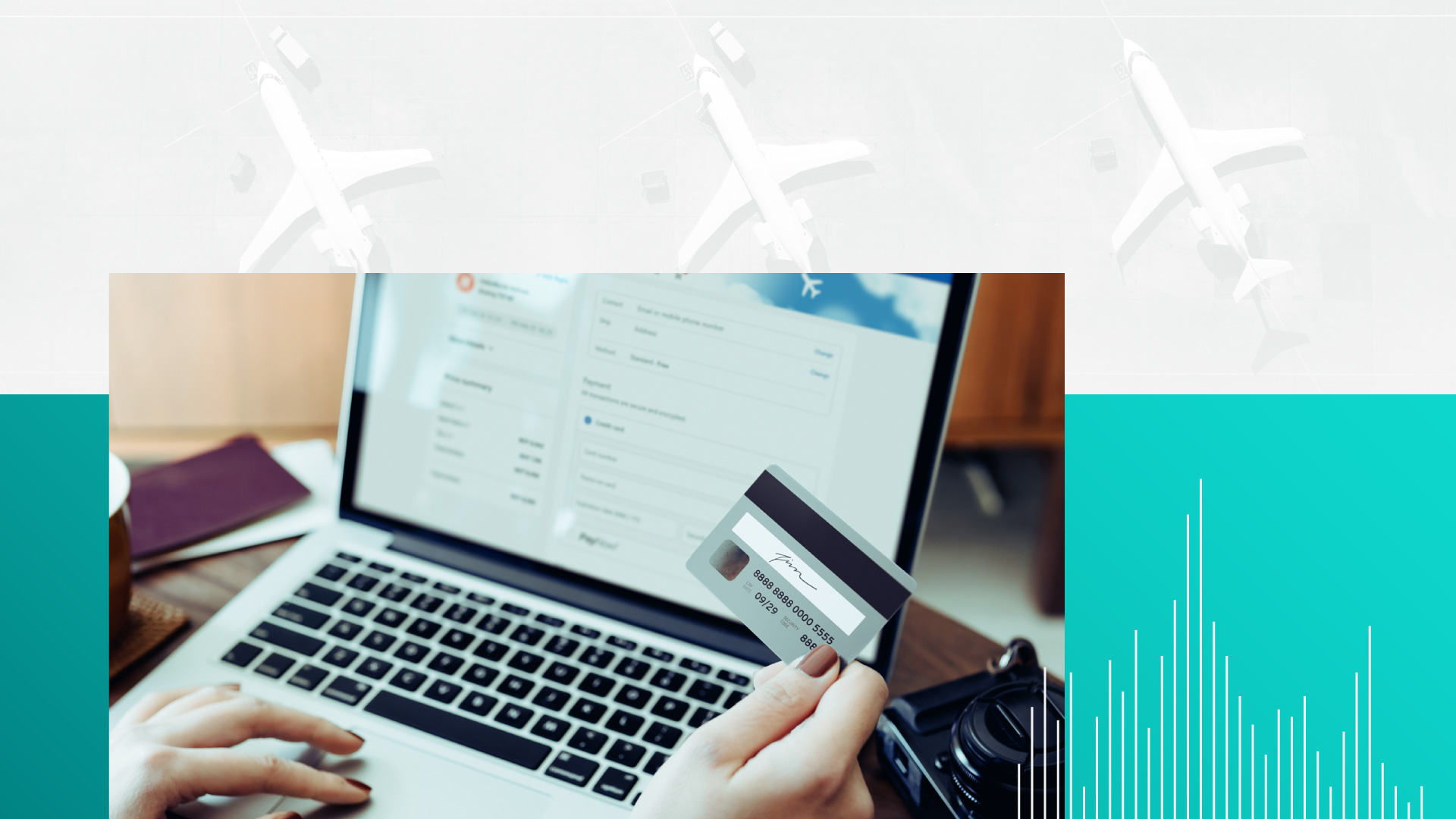Why AI Isn’t Consumers' Go-To Travel Agent… Yet

Key Takeaways
Use of artificial intelligence (AI) tools to plan travel has grown since 2023 — 12 percentage points for transportation and 8 points for accommodation.
What’s stopping further adoption is hesitancy about AI in general, but also some travel specific factors. 16% of adults say they don’t use a chatbot because they believe it won’t take their personal travel needs and preferences into account.
If optimized, AI could be used to help travelers with what they say is the most difficult part of trip planning: finding affordable options.
Data Downloads
Intel clients are able to download the datasets that underpin Morning Consult Pro's reports and analysis. Contact us to get access.
Love it or hate it, artificial intelligence is here to stay. And while the world hasn’t completely transformed into an episode of Black Mirror (yet, at least), society is grappling with the multitude of ways that it will impact our lives in the very near future. The travel industry has been optimistic, with many use cases for AI materializing behind the scenes. But recent growth in consumer usage while planning travel reveals huge potential, and also some important issues to address as it continues to mainstream.
AI tools are rapidly gaining steam as a means of travel research
In the past two years, the share of U.S. adults who say they use AI search tools “sometimes” or “often” when researching or planning their travel transportation (such as flights, trains or buses) and accommodations has increased by 12 and 8 percentage points, respectively. These increases are notable, especially when compared to other methods of research and information-gathering. While still the most popular tool, basic internet searches have slightly declined (by 3 points for transportation and 5 points for accommodations), as have OTAs, review sites and brand-owned websites and apps.
AI search isn’t the only thing gaining popularity, though. For both transportation and accommodations, the share who said they use social media in their research grew as well. Certainly this speaks to improved search functionality on social platforms, but coupled with the rise in AI usage, also suggests a larger shift away from the labor-intensive path to purchase that many travelers currently follow. Still technology may not be the only way travelers are looking to lighten their research load, the use of travel agents also rose for transportation, a real-life equivalent of turning to AI search or a social media influencer.
Growth of AI is outpacing other research and booking tools in travel
The consumer groups behind this upswing are intuitive — tech-forward millennials, high-earners and urbanites are more likely to leverage these platforms. These demographic groups align closely with the groups that are more favorable to AI as a whole, and more likely to trust it. And while it may make sense that an AI tool would appeal to a less-seasoned traveler who doesn’t know where to start in researching and planning a trip, frequent travelers are among the most likely to use AI.
AI chatbots don’t deliver on travelers’ personalization preferences and privacy concerns
Some lack of uptake can certainly be put down to hesitancy and mistrust of AI in general. However, reasons for not using AI in travel planning also reveal some travel-specific factors that should be accounted for as brands consider how to integrate the technology into the customer experience going forward.
While muted trust (“I don’t trust AI chatbots, generally”) and a feeling of confidence in planning (“I don’t need additional help planning my trip”) are the top two reasons travelers don’t use AI, the ones that follow reveal a preference for personal (and personalized) recommendations as well as privacy concerns. In order to get past these factors, brands using AI will need to double down on transparency with regard to customers’ personal information, and will need to pressure-test to be sure that recommendations are accurate and properly personalized to the traveler.
Beyond trust, lack of personalization and concern for privacy keep people from using AI for travel
On the other hand, the growth in AI usage suggests that something is going right with travelers. The elements that are drawing people in are primarily ease and convenience, again reflecting the traveler desire to simplify the research and booking process. But there are also factors related to inspiration and personalization that are appealing to users, and can be highlighted to drive usage.
Notably, frequent travelers are more likely than others to say that they use AI in planning because the chatbot “can bring up factors or ideas I would not otherwise consider” and “is good at taking factors important to me into account when making decisions,” suggesting again that even the most seasoned of travelers can benefit from fresh inspiration.
AI’s biggest opportunity is in price analysis and comparison
Travel is exciting and aspirational, but also expensive and usually infrequent. So while inspiration can be an important part of the process for AI usage, there are other more logistical factors that travelers find difficult to wade through. Namely, finding affordable options for the right time and helping to avoid additional fees. The back-and-forth of price comparison across multiple websites can exhaust even the most battle-tested travel planner.
As a result, a space that’s ripe for growth is AI-support in budgeting, pricing trip options, comparing cost of itineraries and predicting potential fluctuations in fares.
Cost concerns are a sticking point in travel planning
Notably, those who say they use AI search platforms when planning travel are more likely than others — including casual and frequent travelers — to say that most of these considerations are challenging. This suggests that, despite growing adoption, travelers are still encountering difficulties when using AI tools to plan their trips.
Sign up to get the latest global brand, media and marketing news and analysis delivered to your inbox every morning.
Lindsey Roeschke is an analyst whose work focuses on behavior and expectations of consumers in the travel & hospitality and food & beverage categories, particularly through a generational and cultural lens. Prior to joining Morning Consult, she served as a director of consumer and culture analysis at Gartner. In addition to her research and advisory background, Lindsey has more than a decade of experience in the advertising world. She has lived and worked in seven cities across four continents.


